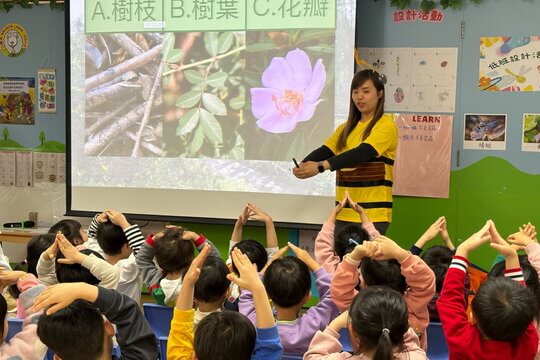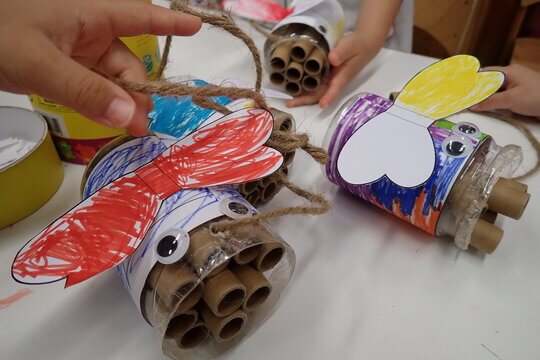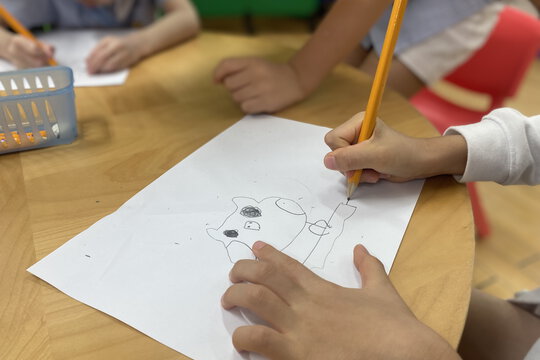Early Childhood Environmental Education Series
If you would like to inquire about the details or register for the activity, please feel free to contact us at 3619 0626. Thank you!
Activities for Children
Our organization designs tailored ecological education programs that align with each school’s curriculum and teaching objectives. By combining interactive indoor workshops with immersive outdoor experiences, we enable young children to explore Hong Kong’s unique ecosystems firsthand. These programs not only enhance children’s understanding and interest in local biodiversity but also nurture their appreciation for nature and foster environmentally responsible attitudes.
Activities for Teachers
We offer professional development programs for teachers that focus on Hong Kong’s ecology, combining indoor talks, workshops, and field trips. These programs deepen understanding of environmental education principles, support curriculum integration, and enhance nature-based teaching strategies.
Other Early Childhood Education Programs

ECF Insect Pollination Ecolog Education Programme
When it comes to insect pollinators, our first impression is always bees. Yet, do you know that pollination does not rely on bees only? Via the “Environment and Conservation Fund Insect Pollination Ecology Education Programme”, we wish to promote the ecology and diversity of insect pollinators in Hong Kong. To lead woodside field trips for various age groups, encourage them to experience and understand the importance of insect pollinators.
Meanwhile, the brand new ecological conservation tool "Insect Hotel" is used as the main element throughout the programme. It encourages students to observe wild insect pollinators proactively and take the initiative in urban insect pollinator conservation.

ECF Kids’ Greenway: Outdoor Environmental Education Programme for Preschool Students
The earlier environmental education begins in life, the more effective it is. Therefore, preschool education is one crucial area in environmental education. According to “Kindergarten Education Curriculum Guide”, “Nature and Living” is one of the six learning areas suggested by the Education Bureau, which aims at leading children to appreciate and cherish the beauty of nature. Hence, we strive to provide professional trainings to preschool teachers on this area. Through the training, teachers will experience and learn about Hong Kong biodiversity and ecology, which facilitate their work on environmental education in school and related lessons.













